Explore the Best AI Image Gallery

Quantum Leap: How Quantum Computing is Reshaping the Creative Industry
The realm of creativity has always been at the forefront of innovation, constantly pushing boundaries and exploring new frontiers. Today, a revolutionary technology is poised to redefine the creative landscape as we know it: quantum computing. This paradigm-shifting force possesses the potential to unlock unprecedented possibilities for artists, designers, musicians, writers, and anyone with a creative spark.
Quantum Computing: A Leap Beyond Classical Computation
Unlike classical computers that rely on bits—representing 0s or 1s—quantum computers leverage the principles of quantum mechanics to harness qubits. Qubits can exist in a superposition, representing both 0 and 1 simultaneously, enabling them to perform calculations at an exponentially faster rate.
Unleashing Creative Potential
This immense processing power opens doors to a myriad of creative applications:
- Generative Art: Quantum algorithms can generate intricate and complex art pieces, pushing the boundaries of artistic expression. Imagine paintings, sculptures, or music compositions that evolve and transform based on quantum interactions.
- Personalized Creative Experiences: Quantum computing can tailor creative outputs to individual preferences, allowing for truly personalized music, stories, or visual experiences.
- Interactive Design: Designs responsive to user input could become a reality. Imagine clothing that changes color based on your mood or architecture that adapts to the surrounding environment using quantum sensors.
Beyond Visualization: Exploring New Creative Dimensions
Quantum computings impact extends beyond traditional visual and auditory mediums:
- Quantum Simulation: Imagine simulating the behavior of complex systems—molecules, materials, or even social interactions—to inspire new artistic concepts and narratives.
- Sensory Exploration: Quantum technologies could enable entirely new sensory experiences, blurring the lines between reality and imagination.
Ethical Considerations: Navigating the Uncharted Territory
As with any transformative technology, quantum computing raises ethical considerations:
- Bias and Fairness: Quantum algorithms trained on biased data could perpetuate existing inequalities in creative outputs. Ensuring fairness and inclusivity in development is crucial.
- Intellectual Property: The ownership of creative works generated by quantum algorithms raises complex legal questions that require careful consideration.
- Accessibility and Equity: Access to quantum computing resources should be equitable, ensuring that the benefits are not confined to a select few.
Future Trends: The Quantum Canvas Evolves
The intersection of quantum computing and creativity is still in its nascent stages. We can anticipate:
- Quantum-Enhanced Design Tools: Imagine software that leverages quantum algorithms for faster prototyping, more realistic simulations, and innovative design solutions.
- Hybrid Artistic Expressions: Quantum computing will likely be integrated with other emerging technologies like VR/AR and AI, leading to entirely new forms of artistic expression.
- Quantum Education and Collaboration: New educational programs and platforms will foster collaboration between quantum scientists, artists, and designers, accelerating innovation in this field.

](https://images.ai-img.art/thumbnails/150/914cb18c03c97bdba2f290c0ec1573d5792bf399dbad7f484614764eb31f4c2f.webp)
](https://images.ai-img.art/thumbnails/150/ebc95932b25c17607076ed8d2a4bafc85c3371cf3f2d45c35741505fe3c97de1.webp)

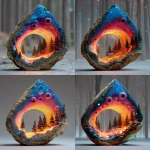








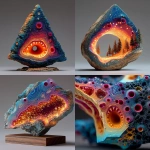

](https://images.ai-img.art/thumbnails/150/a31f622763ce0ecb2e76a907e566b81cfcc171e8d9b8b393f27681be24b6ca91.webp)


](https://images.ai-img.art/thumbnails/150/98325fa7102e81df81f1dba6df8df52929b4fa41b058192faf3c77cf94513ff7.webp)



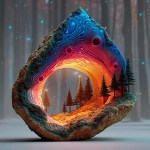

](https://images.ai-img.art/thumbnails/150/7d9de60c58579b921ad140a9e1d752642452d5086b74a27d866e8af04608ed7d.webp)
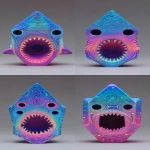
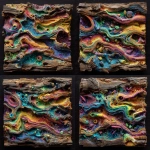


](https://images.ai-img.art/thumbnails/150/769518185300fcbda91b7bbf92b9007bc856379accd52eaf7983f9aec379e88e.webp)
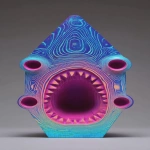
](https://images.ai-img.art/thumbnails/150/ac7218edd6198d49ed8d9853a5890595fc4d2a7a11c2e8a7ee8bcfbc7bfe265e.webp)



](https://images.ai-img.art/thumbnails/150/3b65287fef447a6ad61bcb18b5b9d03b6f6f74603ae0e058f81f4b91a3e02f36.webp)
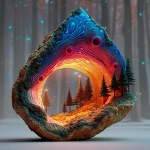




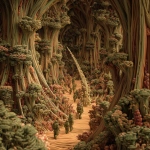
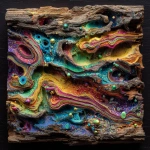
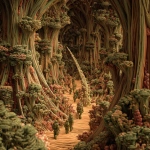


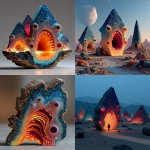


](https://images.ai-img.art/thumbnails/150/09314c003088f7174f747fa65105eca599e0842cf69e637ce4c98ebefd3f50ab.webp)